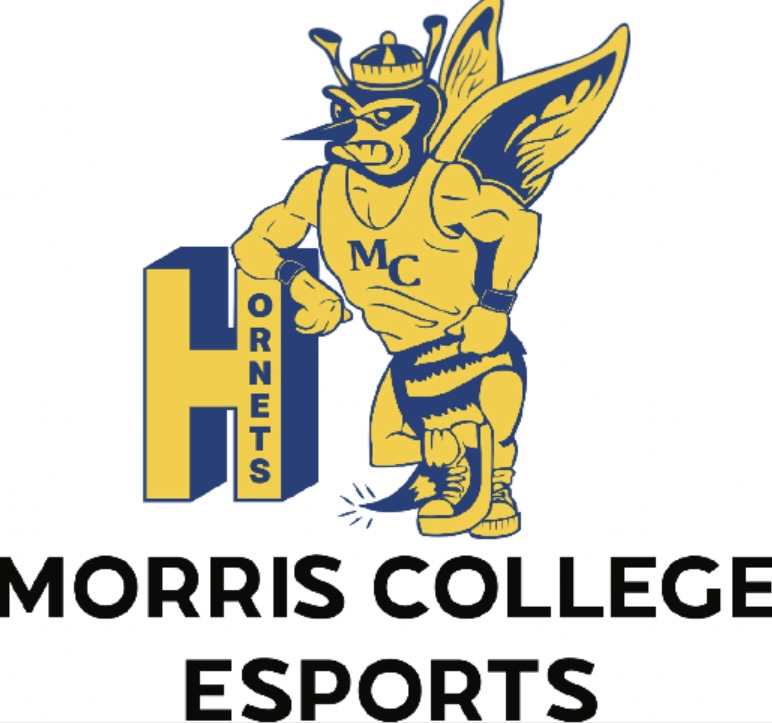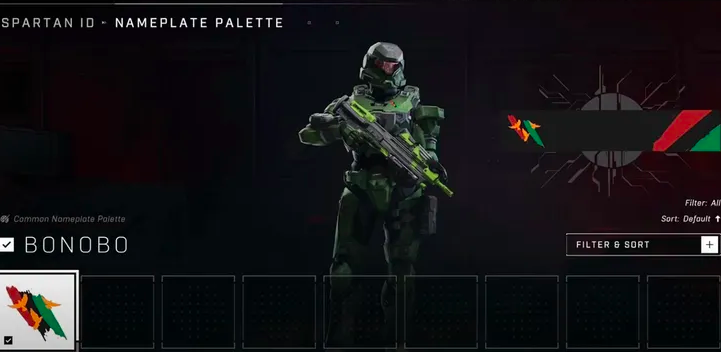“I started calling myself the esports [Unicorn] because there aren’t a lot of black queer trans people that are out and proud.”
Esports may be progressively getting bigger, but it doesn’t mean it’s perfect. This community still struggles with a diverse, public representation of the LGBTQIA community. But, there are people who realize this and are trying to change things. That person is esports journalist Amanda Stevens, whose trans identity is transforming the perception of a community–who someone is and what they look like in this space.
For our Stick Talk series and in honor of Pride Month, I had a chance to talk to Stevens about how her identity in the esports space, representation of black queer voices in competitive gaming and how the esports Unicorn is using her platform to be a voice that esports is missing.
As an out trans woman, what is your experience like working in the esports space–an environment where everyone isn’t quite used to different cultures, orientations, and representations?
Amanda: I was never too worried about my trans-ness in esports. And that’s not to say that people haven’t made me feel bad. Just like being mixed, mostly black presenting, it’s part of who I am and a lot of what I do comes from that. But, I went to school for journalism and I’m here to do work. I do have some great allies like Ricki Ortiz, but for the most part, a lot of it has to be internal because if you don’t have what you need to deal with some of the sh*t, you’re not going to get far.
Is there a visible LGBTQIA community in esports, what’s this community like?
Amanda: Esports is on this kick where if you ever try to say that it’s not inclusive then people get very angry at you and say “well we are a diverse community.” And sure, you can say that and when you talk about the people at the top, those people are definitely allies and inclusive. But that doesn’t mean everyone in esports is like that. I’ve been told recently that the reason someone declined an interview request with me that I had with them back in 2015/2017 was because I’m trans.
I’ve been told by people that if I’m going to interview Korean esports people that I should probably present myself as more masculine because they don’t understand trans-ness and it might make them uncomfortable. So, it’s definitely this awkward thing I have to navigate, especially as someone who doesn’t own men’s clothing. People already know who I am, but it would be ignorant of me to say that I don’t miss out on opportunities because of my trans-ness. And especially because I’m not a Cis-passing trans woman.
What about black queer voices in the esports space? Is that perspective not quite heard or seen as much?
Amanda: Sonic Fox, pound for pound followers wise, is probably the biggest queer voice in esports. But, it’s also slightly an issue because it is the fighting game community, which in the esports ecosystem, isn’t really viewed as an esport esport. A lot of people treat the FGC like it is a Tier 2 or Tier 3 scene. Tier 1 being League of Legends, Overwatch, CS:GO. Tier 2 being the FGC, and not even the FGC as a whole, more like Street Fighter, Tekken, Dragon Ball, Smash. In esports overall, there aren’t that many out queer people who actively talk about their queerness and use that to leverage a broader message. There are black queer voices like Street Fighter competitor Princess Slim. But a lot of them aren’t Sonic Fox level. There aren’t a lot of people of color, and when I say color I mean black and brown people, specifically in the esports space. I would argue that Asians and White people are the majority.
It’s Pride Month, when you think of pride, what does it mean to you? And are you able to see that reflected outside or is it more internally?
Amanda: For me, pride isn’t necessarily about being out and proud but, also living in your truth. I used to think I needed to keep that separate on social media. I recently started talking about my experiences as a trans person as well as a black individual on Twitter and that’s mainly because there aren’t a lot of people like me [in esports]. Why I started calling myself the esports Unicorn aside from the fact that I love esports, there aren’t a lot of black queer trans people that are out and proud. So I try to leverage my identity as a way for people to see you can function in this space but if you want to it’ll take work.
And I just have to be happy with myself. I have a uniqueness in a sense like when you look for trans people in media, Laverne Cox, Janet Mock, Caitlyn Jenner, these are Cis-passing individuals. In the case of Jenner, I don’t have the finances to start physically transitioning right away and in case of Mock and Cox, I’m not very Cis-passing. The majority of people’s understanding of trans women are either people who look Cis passing, drag queers, which doesn’t necessarily make them trans, or like the dead hooker in Criminal Intent or SVU. There’s not a lot of positive representation of trans women, who look like me, and it’s the same for trans men.
I think it’s an important thing and that’s something that’s made me comfortable with not being Cis passing and like I’m obviously not the only person who’s trans and non-Cis passing, but our stories don’t get told very often. We are not the people in front of the camera. I’ve become more comfortable with my non-passing self because of that. I want other people to have that person that they see that’s more like them.
To learn more about esports and gaming culture check out the rest of our Stick Talk series and check out Amanda Stevens on Twitter and her The Neutral interview series.



